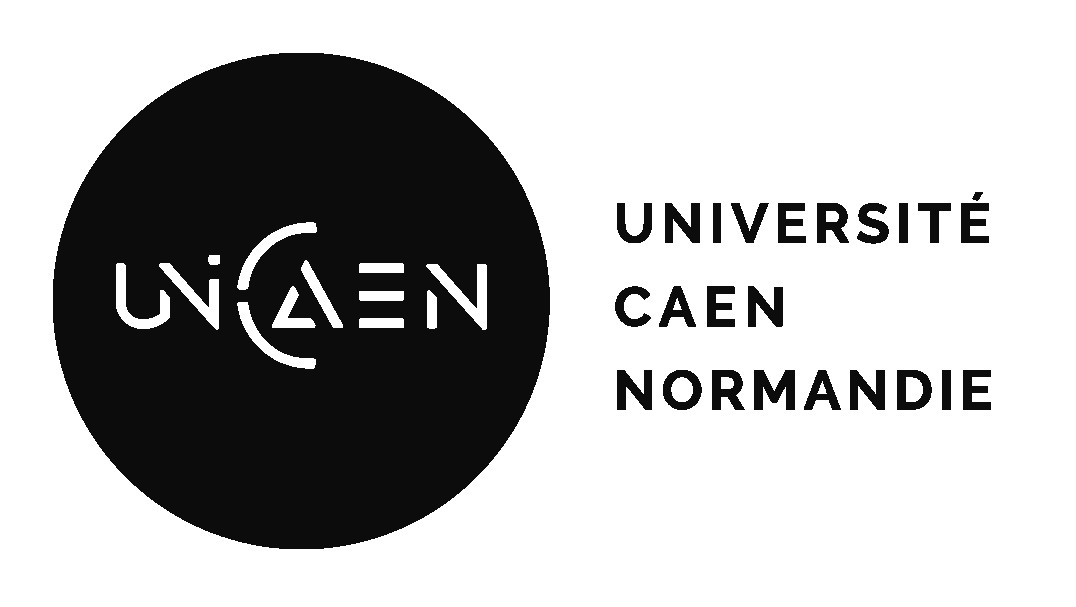Numéros
Index
Présentation
Étude de quelques déterminants psychosociologiques de choix des filières technologiques par les filles au Cameroun
Study of some psychosociological determinants of choice of technological sectors by girls in Cameroon
Auteur(s)
Marcelline Djeumeni Tchamabe
Dave Ango
Résumé
La société moderne et l’économie mondiale ont de plus en plus pour forces les TICs. Nous avons voulu comprendre comment ces filières technologiques bien que porteuses d’avenir soient toujours aussi genrées ? Nous avons alors élaboré un questionnaire en nous appuyant sur la théorie de rôles de genre qui propose d’associer deux conceptions : psychologiques et sociologiques plutôt que de les dissocier pour comprendre ce phénomène. L’analyse statistique de cette question par calcul du Ki2 et du coefficient de contingence sur les données obtenues auprès de138 répondants des filières électroniques montrent que les filles ont un sentiment d’auto efficacité faible lié aux déterminants sociaux (préjugés, famille et division sexuelle de travail) et qui affectent leur estime de soi et leur motivation à s’orienter vers les filières technologiques. Ces deux déterminants étant en interaction, le système éducatif par l’orientation peut améliorer le développement des TIC en réduisant cette influence sur les filles
Mots clés : filières technologiques, TIC, genre, secondaires, orientation scolaire au Cameroun
Abstract
Modern society and the global economy are increasingly dominated by ICTs. We wanted to understand how these technological channels, although promising, are still gendered? We then developed a questionnaire based on the theory of gender roles which proposes to associate two conceptions: psychological and sociological rather than dissociating them to understand this phenomenon. The statistical analysis of this question by calculating Ki2 and the contingency coefficient on the data obtained from 138 respondents in the electronic subsectors show that girls have a low sense of self-efficacy related to social determinants (prejudice, family and sexual division of work) and affect their self-esteem and motivation to move towards technology. Since these two determinants interact, the education system through guidance can enhance the development of ICTs by reducing this influence on girls.
Key words: technological sectors, ICT, gender, secondary, school guidance in Cameroon
Téléchargement
Pour citer ce document
ISSN 2110-5324
Revue électronique internationale publiée par l'IFIC et l'Université de Caen.
ISSN 2110-5324.


